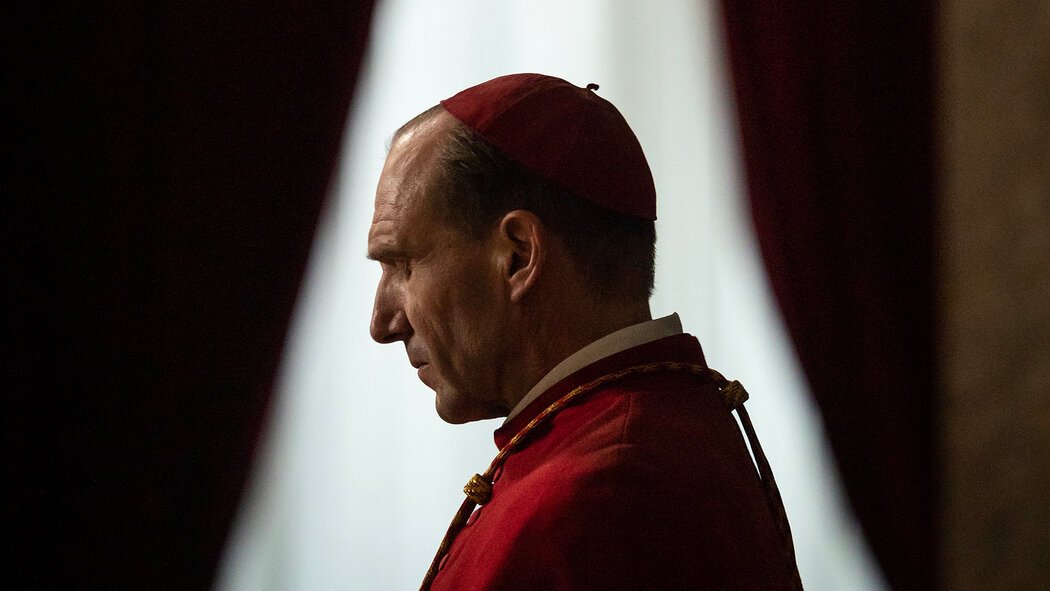No products in the cart.

Imane Khelif: Navigating Gender Identity Through Sport towards the Future of Fair Competition
Algerian boxer Imane Khelif has put herself at the center of a heated controversy after her recent win at the Paris 2024 Olympics in the category of women’s boxing. As a cis woman herself, Khelif has been an easy target for influential individuals like J.K. Rowling, who called her a “biological man” and said she should not be competing in this particular category. The backlash comes at the intersection of a larger social discourse on gender identity and where transgender athletes fit in the scheme of women’s sports. Khelif’s situation mirrors more generally ongoing tensions about gender, identity, and fairness in athletics, especially as the Olympic stage elevates these discussions internationally.
Khelif isn’t headed to the Olympics without a fight. She had earlier been excluded from competing in the 2023 World Championships due to an unspecified gender eligibility test that brought a question over her biological status. However, it has since emerged that the International Olympic Committee has confirmed that Khelif is eligible to compete as a woman. Her participation still outraged transphobic commentators and conservative politicians, even more so with Rowling’s comments. She shared a picture of Khelif and her opponent, Angela Carini, and insinuated that Khelif’s win epitomizes a “new men’s rights movement” that has betrayed women’s sports.
The criticism Khelif faces is not merely about performance; it reflects broader societal anxieties around gender identity. Critics, like Rowling and former President Donald Trump, have somehow managed to place themselves as defenders of women’s sports, arguing that allowing the participation of those athletes with male genetic characteristics undermines fairness. Yet, very often, it disregards the nuances of identity and what it is to be lived, as athletes like Khelif do—fighting so hard for a place in the ring.
The Misunderstanding of Gender Identity

The backlash against Imane Khelif condenses a fundamental misunderstanding of gender identity and some related complexities. Khelif is a cisgender woman. That means she was assigned the same gender at birth as she identifies with today. Critics, however, have used her biological characteristics including being XY to discredit her legitimacy as a female athlete. Conflating biology and gender identity is a very common tool in the transphobe arsenal, which is used to insinuate that eligibility in women’s sports should be determined by physical characteristics.
J.K. Rowling’s comments epitomize this misconception. By referring to Khelif as a “male,” Rowling overlooks the fact that Khelif was registered as a girl at birth and continues to identify as a woman. Rhetoric such as this not only misrepresents the identity of Khelif but continues harmful stereotypes concerning transgender and intersex individuals. That is, while many tend to conceptualize gender exclusively based on chromosomes or physiological factors, it is an interaction of biology, identity, and social construction.
The debate surrounding the contribution of Khelif to the Olympics is just a single case within a much larger question about societal attitudes toward gender and rising culture wars that have found a place around issues including this. The backlash against Khelif forms part of a bigger narrative, a narrative to eradicate spaces transgender people have been historically erased from. This mindset of exclusion goes against the progress made toward inclusivity and equality in sports and, by extension, society more broadly.
The Political Landscape and Its Impact

This has also pulled in political figures, which makes the debate on sports gender identity even more complex. Indeed, heavyweight politicians, such as US Senator Marco Rubio and Italian Prime Minister Giorgia Meloni, have gone to the media to rebuke the Olympics governing body for allowing Khelif to compete in the games. Meloni, in particular, argues that it is wrong to allow athletes with male genetic characteristics into women’s competitions, defending herself as a protector of the rights of women. This argument, however, ignores the fact that no charges of irregularity have been brought against Khelif and that she has all her life competed as a woman.
The fact that political figures have also joined in the fray only proves the cacophony that an issue like gender identity can raise in contemporary politics. As lawmakers and public figures begin to take sides on Khelif’s case, most of them usually do so from a misguided vantage point, furthering narratives that contribute to harm against athletes and the LGBTQ+ community. According to research, the rhetoric employed by key figures in this context tends to encourage greater levels of discrimination and violence committed against these already at-risk communities, as happened with Khelif in this case.
Moreover, the political debate surrounding Khelif’s participation reflects wider social fault lines on questions of gender and identity. In a time when transphobia continues to infect public discourse, it becomes vital to draw attention to how such rhetoric affects people’s individual and collective lives. Her case has come to show the requirement for respectful dialogue and understanding in discussions about sports and gender identity.
The Future of Gender Inclusion in Sports

But as the controversy over Imane Khelif competing in the Paris 2024 Olympics continues to rage on, one can’t help but think about the future of gender inclusion in sports. The IOC has, on its part, insisted that all athletes should meet its eligibility criteria by their gender identity, as indicated on passports. However, this controversy makes it very clear that there is a need for guidelines or policies on gender identity.
It is no longer about Khelif as an individual; it is about the precedent set in principle for all other fellow athletes who do not fit conventional notions of gender. Society continues to grapple with evolving understandings around gender, and sports organizations must evolve their policies to continue to create more inclusive environments respectful of all competing identities.
The ultimate goal should be an atmosphere where athletes of all kinds can compete at their best in a respect-filled and inclusive environment in sports. This epitomizes the ongoing dialogue, education, and dedication that will help understand the many experiences of athletes like Imane Khelif. And to learn more about Imane Khelif’s journey and all the Olympic boxing action, log into Paris 2024 Olympics telecasts on major sports networks and streaming platforms.








POST COMMENT